Arthritis/Joint Pain
For those experiencing arthritis symptoms and general joint pain it is very important to consider lifestyle and dietary factors that may be having an effect on their condition.
JOINT PAIN SYMPTOMS:
- Aching joints ie. ankles, wrists, knees, hips, back or shoulders
- Stiffness or swelling in joints
- Pain during movement
WHY DO MY JOINTS HURT?
There are different types of arthritis; one example is rheumatoid arthritis where inflammation occurs as the body’s immune system targets the affected joints, leading to pain and swelling which can be debilitating.
It is estimated that more than 9 million people in the UK suffer from arthritis and related conditions, experiencing frequent stiffness, pain, swelling, fatigue and reduced mobility.
JOINT PAIN AND DIET
If you experience prolonged aches and pains in your joints without an obvious cause, it is important to investigate further by visiting your GP or seeing an Osteopath to rule out any underlying medical conditions and offer treatments which can help reduce and manage you pain.
Maintaining an anti-inflammatory diet has been shown to be beneficial for joint health. Aching bones and joints have also been linked to vitamin D deficiency. See our tests for checking your Vitamin D Levels.
Showing all 17 results
-
A Vogel
Atrogel® Arnica Gel Muscle Aches & Pains
Sale! Original price was: £13.99.£13.95Current price is: £13.95.
Add to basket
Original price was: £13.99.£13.95Current price is: £13.95.
Add to basket
-
Health Tests
Cholesterol Test
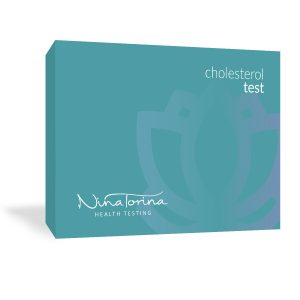 £150.00
Add to basket
£150.00
Add to basket
-
Purelogicol
Collagen Peptide Skin Supplement • 90 Caps
 £39.00
Add to basket
£39.00
Add to basket
-
Dynamint™
Dynamint™ Cream • 120ml
 £9.65
Add to basket
£9.65
Add to basket
-
Dynamint™
Dynamint™ Cream • 237ml
 £16.49
Add to basket
£16.49
Add to basket
-
Dynamint™
Dynamint™ Roll-On • 60ml
 £8.99
Add to basket
£8.99
Add to basket
-
Health Tests
Essential Health Test
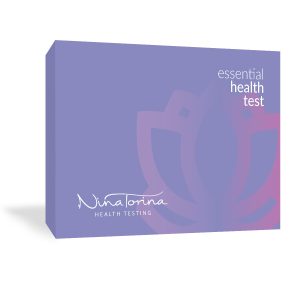 £150.00
Add to basket
£150.00
Add to basket
-
Health Tests
Female Fertility Test
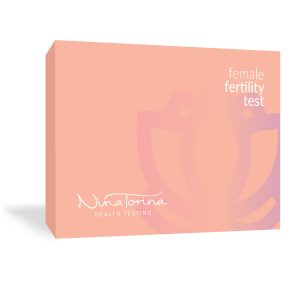 £150.00
Add to basket
£150.00
Add to basket
-
Health Tests
Female Hormones Test
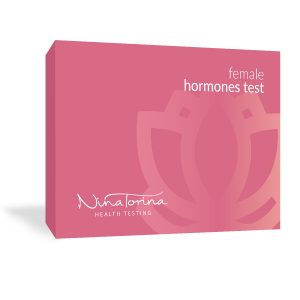 £150.00
Add to basket
£150.00
Add to basket
-
Health Tests
Food & Environmental Allergy Test
 £270.00
Add to basket
£270.00
Add to basket
-
Health Tests
Inflammation (CRP) Test
 £150.00
Add to basket
£150.00
Add to basket
-
Health Tests
Liver Function Test
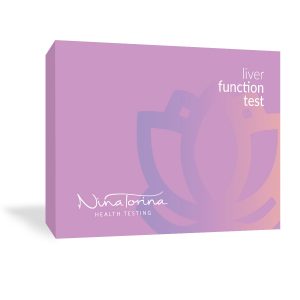 £150.00
Add to basket
£150.00
Add to basket
-
Health Tests
Menopause Test
 £150.00
Add to basket
£150.00
Add to basket
-
HEALTH TESTS
Premium Food Intolerance Test
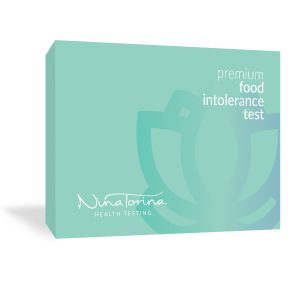 £280.00
Add to basket
£280.00
Add to basket
-
Health Tests
Stress (Cortisol) Test
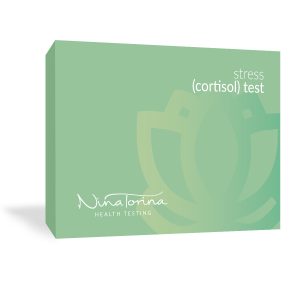 £130.00
Add to basket
£130.00
Add to basket
-
Health Tests
Thyroid Test
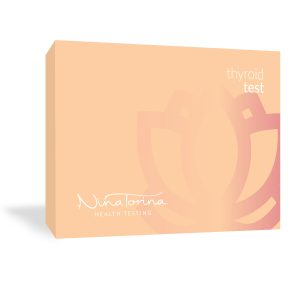 £130.00
Add to basket
£130.00
Add to basket
-
Health Tests
Vitamin D Test
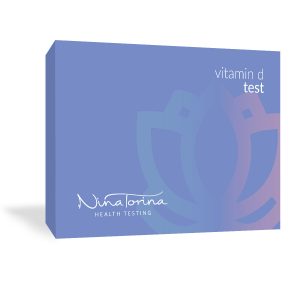 £150.00
Add to basket
£150.00
Add to basket










